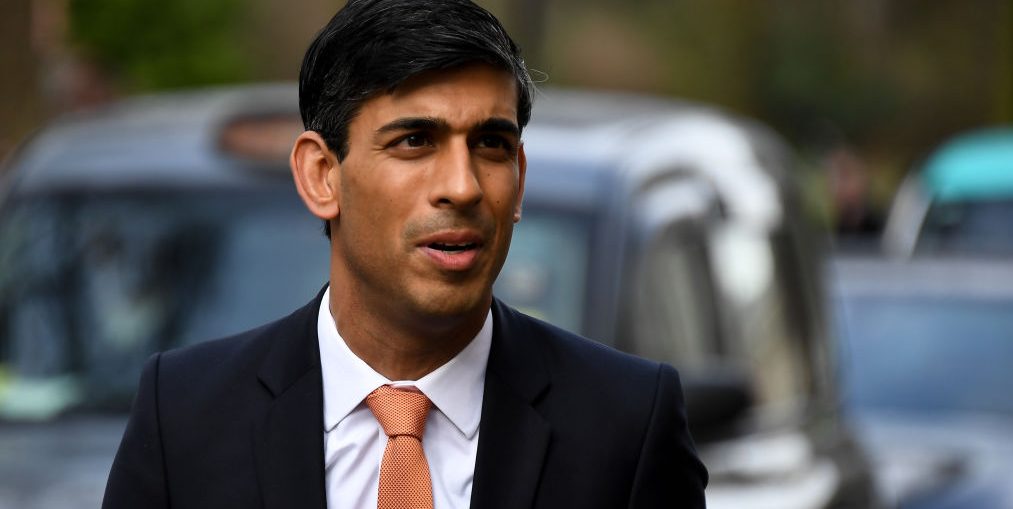A call to arms
For too many young working people today trade unions, and the principle of collective bargaining that underpins the movement, seem like a relic of a distant past – despite unionised workplaces still being the fairest, best paid and safest places to be employed.
“There can be no more urgent task for a union movement that exists to win great jobs for everyone, than to improve life at work for Britain’s young core workers,” says the TUC report Living For The Weekend, which admits “our current models of trade unionism aren’t working for them.”
This call to arms, published in September with the aim of understanding how to increase dwindling membership rates amongst 21 to 30-year-olds by better serving their needs, makes for grim reading.
Despite gaining more qualifications, a significant proportion of the group earns less than their parents and grandparents at the same age, and has fewer career prospects and lower job security.
While trade unionism offers protections and benefits within an increasingly unfair and casualised labour market, just 9.4 per cent of Britain’s 3.5m low and middle earning under 30s are in a union, falling to a paltry 6.3 per cent in the private sector where the vast majority work. If the trend continues, less than 20 per cent of workers will be in a union by 2030.
“We have to change what we talk about, how we look, and what we campaign on. Everything we say and do has to show that we’re on young workers’ side, talking about things that matter to them. And our images, spokespeople, language and visuals have to hold a mirror to the Britain of now. It has to be relevant, compelling and value for money when compared with other calls on their hard-earned cash,” TUC head of campaigns and communications Antonia Bance explained this week on Medium.
It’s an issue Unite’s national youth co-ordinator Anthony Curley has given a lot thought to over the last 20 months. The 29-year-old, who since January 2015 has been in a role which concentrates on “young people and young people only”, has been supporting efforts within Unite’s 10 regional young members’ committees and the national committee, in order to improve youth engagement.
Survey
“We surveyed our entire young membership of 140,000 people and asked them what their issues are, so we could start organising around them.
“We created five pledges on the information that came back, which are a wage you can live on, guaranteed hours each week, safe and secure work, training, development and career opportunities and a collective voice and union representation,” said Curley.
The survey led to the Decent Work For All campaign, which has been organised and spearheaded by young Unite members across the country. Curley says the campaign has been “successful in some places but less so in others”, but “the main thing it’s a time process.”
One aspect of the campaign is the strategic concentration on key sectors that predominately employ young people, such as retail and hospitality.
“Any young person in those sectors – where low pay and zero hours are the norm – will probably have three, four or even all five of the issues we identified in the survey,” explains Curley.
“It’s about identifying sectors of the economy where we believe we can have a progressive impact on workers lives but also where we can get them to understand the values of trade unionism,” he said.
Change
The emphasis is not just on confronting the issues young members have and increasing membership amongst young people, however – change is also needed from inside the union.
Curley said, “We are looking at ourselves as a movement and our relevance to young people. It’s about building an identity within the union – not just young people but bringing different groups and sections together under the one banner.”
Curley cites the Fair Tips campaign that called on Pizza Express and other restaurant chains to pay workers 100 per cent of their tips, as well as Unite’s actions against conditions at Sports Direct and big hotel chains, as examples of initiatives that have established and reinforced links between young members and activists and the wider union.
Another example is the formation of the London Hotel branch, which has brought together hundreds of sometimes isolated workers. The branch officials take on the role of a shop stewards committee and support members without workplace representation.
Plans are also afoot to create similar branches in shopping centres – where membership will also mostly be made up of young people that need support and guidance in a sector where there is low union recognition.
“(The London Hotel branch) is a fantastic model because you’re bringing people together with the same issues and giving them the confidence and support to try and organise,” said Curley.
“It’s about finding that balance between self-organising: Having young people drive the issues externally in terms of organising different employers or parts of the economy but also driving them internally and putting the issue of young people before the union.”
He added, “It’s a difficult challenge but we’re well supported – I think at Unite we’re doing it very well.”
Â
 Like
Like Follow
Follow


